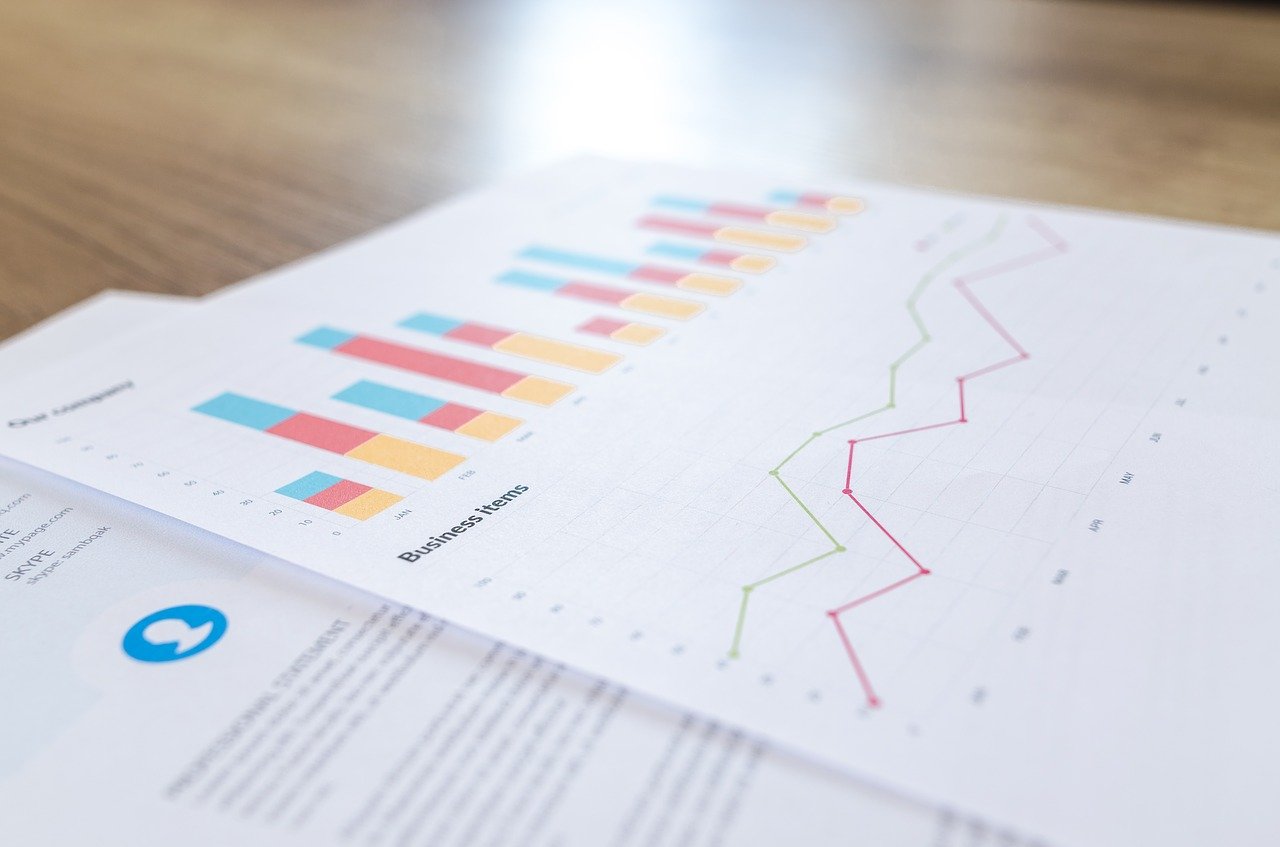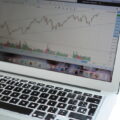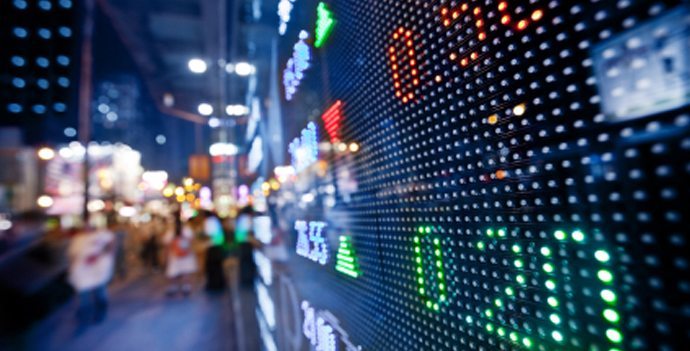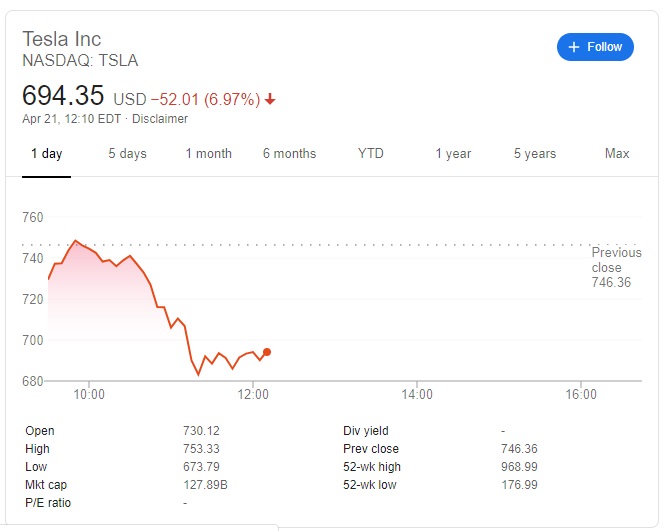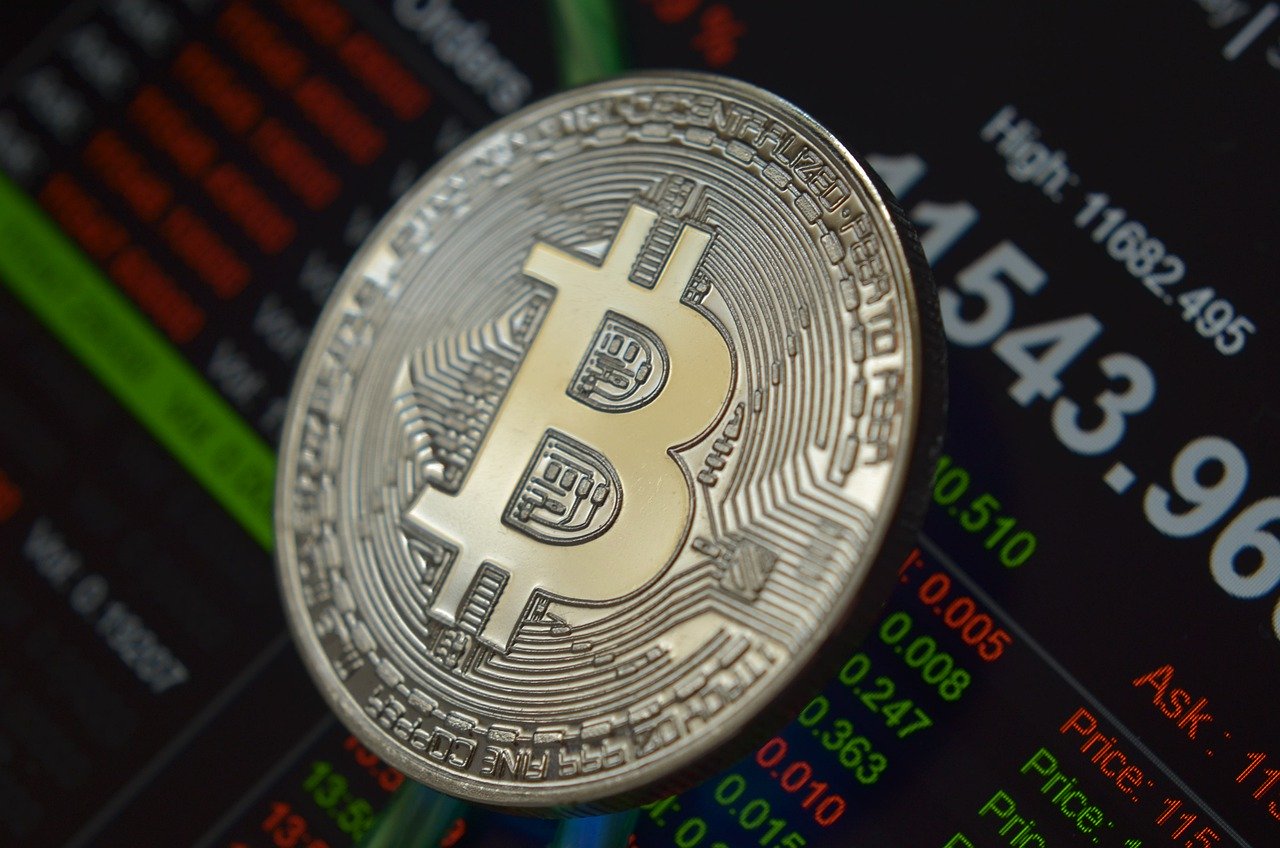Pullback in Reflation Trade Leads To A Drop In Saudi Stocks

The Saudi Arabian stock market fell for the fifth consecutive day and this marks the longest consecutive decline in more than a year. The drop is believed to have been driven by the fall in the global reflation trade.
Tadawul All Share Index which is the benchmark witnessed a fall of 1.5% on Sunday, leading to a decline in the Middle East. This is recorded to be the highest level of the drop since December. Dubai wasn’t far behind as its stock markets also fell.
According to Divya Arora who’s a portfolio manager at Daman Investments, Dubai the reason for the decline is a partial slowdown in the global reflation trade.
There is a current environment of high oil prices and expected growth in public and private equity investment. Arora added that under these circumstances, however, there are some attractive subjects that continue to play in the GCC.
Tadawul fell for the fifth consecutive day, setting a record for the longest losing streak since January of last year. This was mainly weighed down by banks and food-related stocks. The index was bolstering for weeks before the crash and reached a key level that has not been broken in about 20 years.
According to Junaid Ansari in addition to profit margins, the fall in the Saudi stock market is mainly related to geopolitical issues. Ansari currently holds the office of the Vice President of and investment strategy and research at an investment company Kamco Investment Co. He added that they don’t anticipate a correction in the market because these factors are momentary and won’t produce adverse results within OPEC+.
The Middle Eastern markets saw quite the drop with Saudi-based Almarai shares declining the most since last year October. However, after announcing the intention to develop a portfolio, digital offering the Saudi Research and Media managed to substantially gain on the benchmark by points.
What is being called the longest losing streak since July of last year, Dubai shares declined for the sixth consecutive day. During this down period Emirates NBD, Emaar Properties, and Aramex 7 fell by 2.2%, 0.7%, and 1.3%, respectively.
Ansari is of the opinion that earnings of the second quarter shall give some relief to the market on the whole. The situation is expected to be better than the second-quarter of last year.
In the Gulf the stocks that witnessed the maximum rise where Abu-Dhabi-listed shares. As much as 1.5% was gained by Israeli stocks which showed a recovery from a drop of 2% mid of last week.
The Dubai-based asset management company Shuaa Capital went up by 15% after it revealed plans to set up special-purpose acquisition companies.
The stock markets are currently witnessing some fluctuations and variations in the prices of shares of various Middle Eastern companies. There are a number of factors that are causing the market to move up and down.



